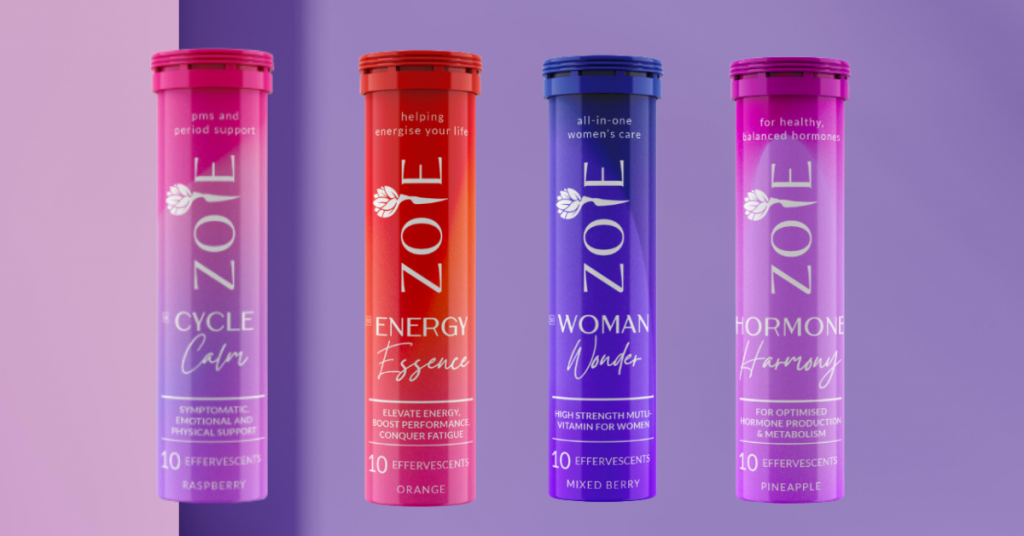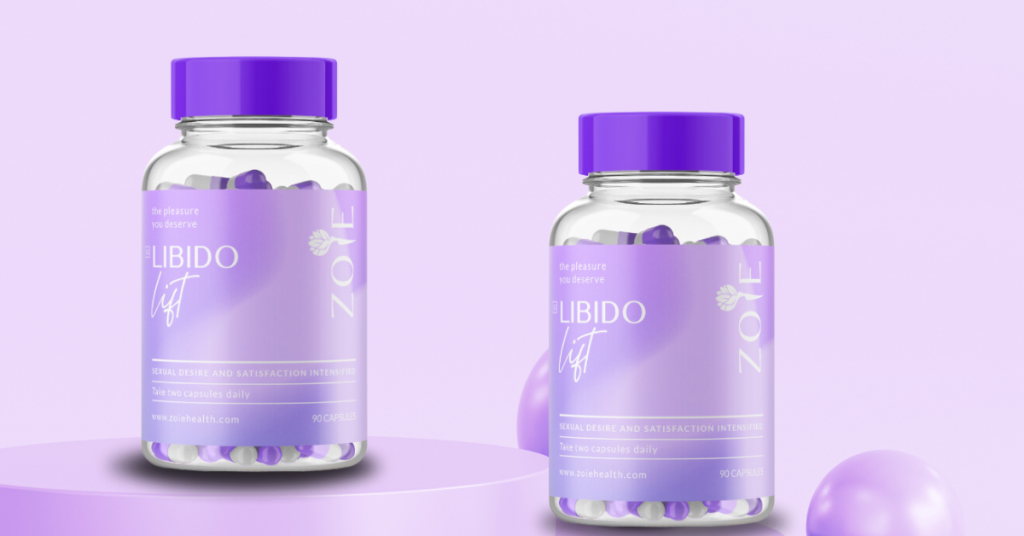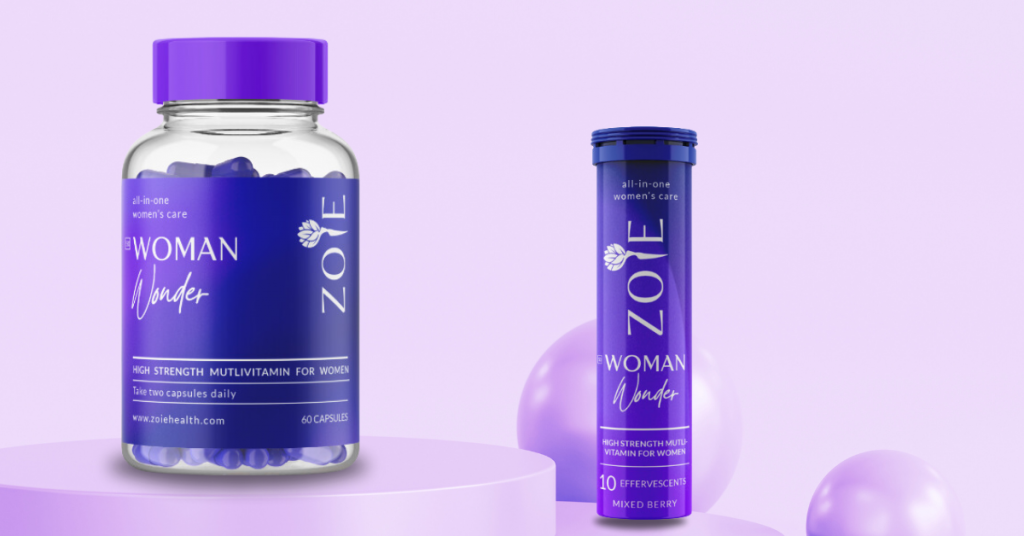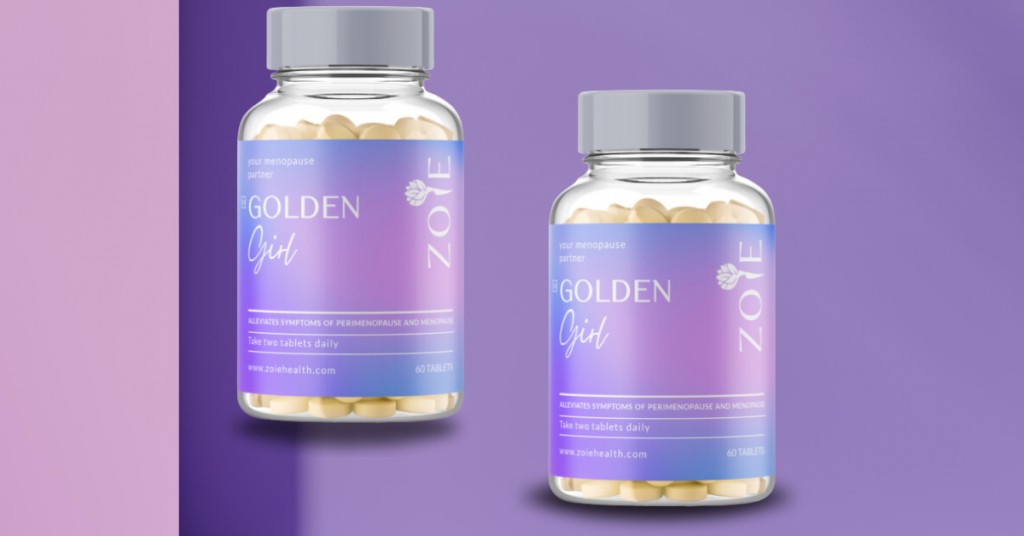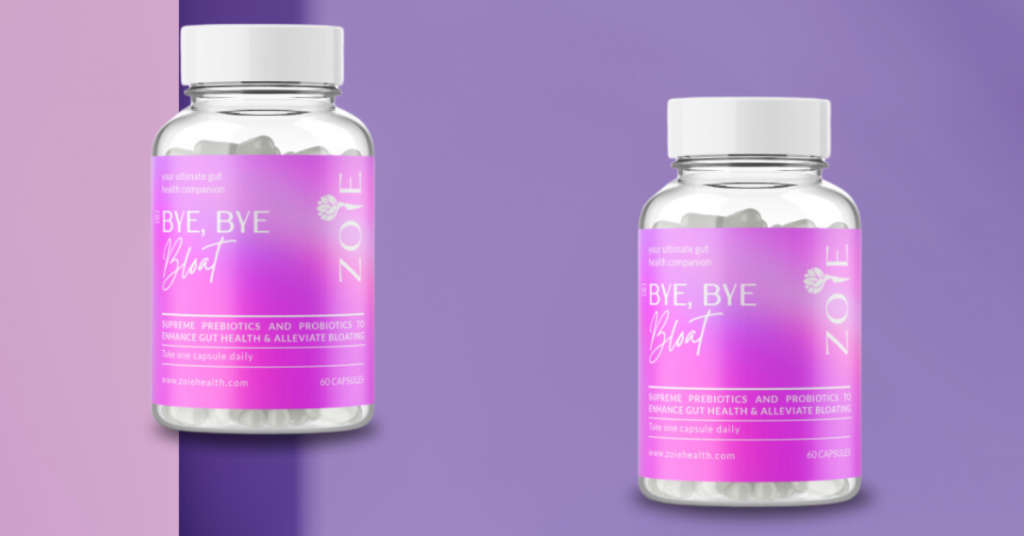When we think of sex, thoughts of pleasure and enjoyment usually aren’t too far behind. Yet for those with vaginismus, sex can be quite an uncomfortable and even painful experience. If this is something that you struggle with, you may feel isolated but it is important to remember that you’re not alone.
Vaginismus is a condition that affects many women of all ages from around the world, but with the right care and support, is a treatable and manageable condition. Let’s break down what vaginismus is and how you can effectively manage it.
What is vaginismus?
Vaginismus is a condition where your vaginal muscles contract and tighten involuntarily during sex or another form of penetration such as having a routine gynecological exam. This can cause extreme amounts of pain and discomfort, sometimes leading to your sexual partner being unable to penetrate during sex.
For those women dealing with vaginismus, this condition has a negative impact in multiple areas of their lives including their relationships with others especially sexual partners, their physical and mental health as well as their perceived self-worth. The symptoms of this condition can worsen due to this negative impact on their lives, creating a difficult cycle to break without the right kind of help.
Symptoms
While pain and discomfort during sex is usually the main symptom, other symptoms of vaginismus may include:
- difficulty inserting tampons or menstrual cups
- experiencing fear and/or anxiety around having sex
- a decrease in sexual desire
Read more: 5 things sex coaches really wish you knew about sex
Causes
A variety of factors can lead to vaginismus including physical, psychological, or emotional issues. Some of the common causes include:
- experiencing trauma or abuse
- having anxiety or fear around sex
- having painful sexual experiences in the past
- relationship issues
- medical conditions such as endometriosis or an infection
Read more: How to know if you have PCOS or endometriosis, or both
In order to effectively treat vaginismus, doctors and other medical professionals must first figure out what is the root of the issue. Once this has been identified, effective treatment can begin. Often medical professionals will work alongside therapists and counselors in order to create a well-rounded treatment plan for you.

Treatment options
Treatments will vary depending on the underlying cause of vaginismus so your treatment will be unique to your individual needs. These treatments may include:
- therapy
- pelvic floor exercises
- desensitization exercises
- counseling
- using vaginal dilators
Read more: Chronic pelvic pain: 4 ways to *really* manage your mental health
In some cases, medication may also be prescribed by a healthcare professional. These medications can include a low-dose antidepressant or anti-anxiety medication if the cause of vaginismus is linked to any anxiety or fear related to having sex.
Additionally, a prescription for a topical anesthetic, such as lidocaine, can help to reduce pain or discomfort when applied just before any sexual activity.
With the right treatment plan and appropriate care, women with vaginismus are able to manage their symptoms enough that they can use tampons, have a gynecological exam done and enjoy sex again, all without the fear of experiencing extreme pain and discomfort.
Shop now: Zoie Health’s CBD pain relief
Getting a diagnosis
While you may be experiencing the symptoms and suspect that you may have vaginismus, it is important to get proper diagnosed before beginning any form of treatment on your own. Working with a healthcare provider who specializes in women’s sexual health is vital. They will be able to give you the correct diagnosis as well as the best care and treatment for you.
Our Zoie Health professionals are ready to help you find the right treatment plan personalised for you. Click here to book a virtual consultation today.



